The inception of many startups often begins with the idea of creating an application. Initially, the application is developed by the founders on their own. The founders establish a limited liability company (LLC) and continue the development of the application. The need arises to regulate the rights to the application.
Currently, the owners of this application are its creators.

How to distribute shares in the application among co-creators?
If several creators worked on the application, they jointly hold copyright. There is a presumption that the shares in the application for individual co-creators are equal. However, each co-creator may demand the determination of their share based on their contribution. Consent of all co-creators is required to exercise copyright to the entire work.
A person from whom the sole idea for creating the application originates is not considered a co-creator. Similarly, a person whose activity in the creation of the application was purely ancillary is not considered a co-creator. It is therefore important to determine in advance the contribution of individual founders to the creation of the application and how this will translate into shares in the application.
How to transfer intellectual property rights to the application to the company?
An LLC is a separate entity from its shareholders. If the creators want the application to be commercialized by the LLC, they should transfer the rights to the application to it. They can do this, for example, by (i) selling copyrights to the company, (ii) granting a license to the company, or (iii) contributing copyrights (i.e., contributing non-monetary assets in exchange for shares).
Considering Taxes
As a result of transferring rights to the application, creators will be required to pay income tax calculated based on the market value of the transferred rights. However, in the case of a contribution in the form of intellectual property, one can benefit from an exemption from income tax. To meet the conditions for exemption, it is necessary to adhere to the criteria specified in the Income Tax Act.
Steps to Take
To make a contribution, the following actions will be necessary:
- Valuation of the application (this will allow minimizing or avoiding liability associated with overvaluation of the contribution or contribution of assets whose value is lower than the value of the shares acquired in return).
- Resolution by the shareholders to increase the share capital.
- Submission by the shareholders of statements on subscription for shares in the increased share capital.
- Contribution of assets by the shareholders (in the case of transferring copyright, a written agreement will suffice).
- Registration of the increase in share capital in the National Court Register.
If after contributing the application to the LLC, it will be further developed personally by the creators, agreements should be concluded between the LLC and the creators, under which the creators will be able to provide work/services to the LLC in this scope.
Securing the Company’s Interests
When creating a copyright transfer agreement for the application, it is important to secure the interests of the company. Even if copyright is transferred to the company, application creators retain certain rights. This is important, especially when not all partners of the company were co-creators of the application.
In the event of a significant difference between the creator’s remuneration and the benefits for the acquirer of copyright, the creator has the right to demand an increase in remuneration through the court. You may have heard of the dispute between Andrzej Sapkowski and CD Projekt RED regarding additional compensation for the creator. Transferring copyright to the application to the company, when the application increases in value and brings significant income to the company, may result in a demand for increased remuneration by the creator. This means an additional payment from the company or seeking to privilege shares.
It is worth noting that rights to the application belong to the company only to the extent specified in the agreement. If there is a need to transfer rights to new fields of exploitation, this may require an additional fee that the company will have to pay.


